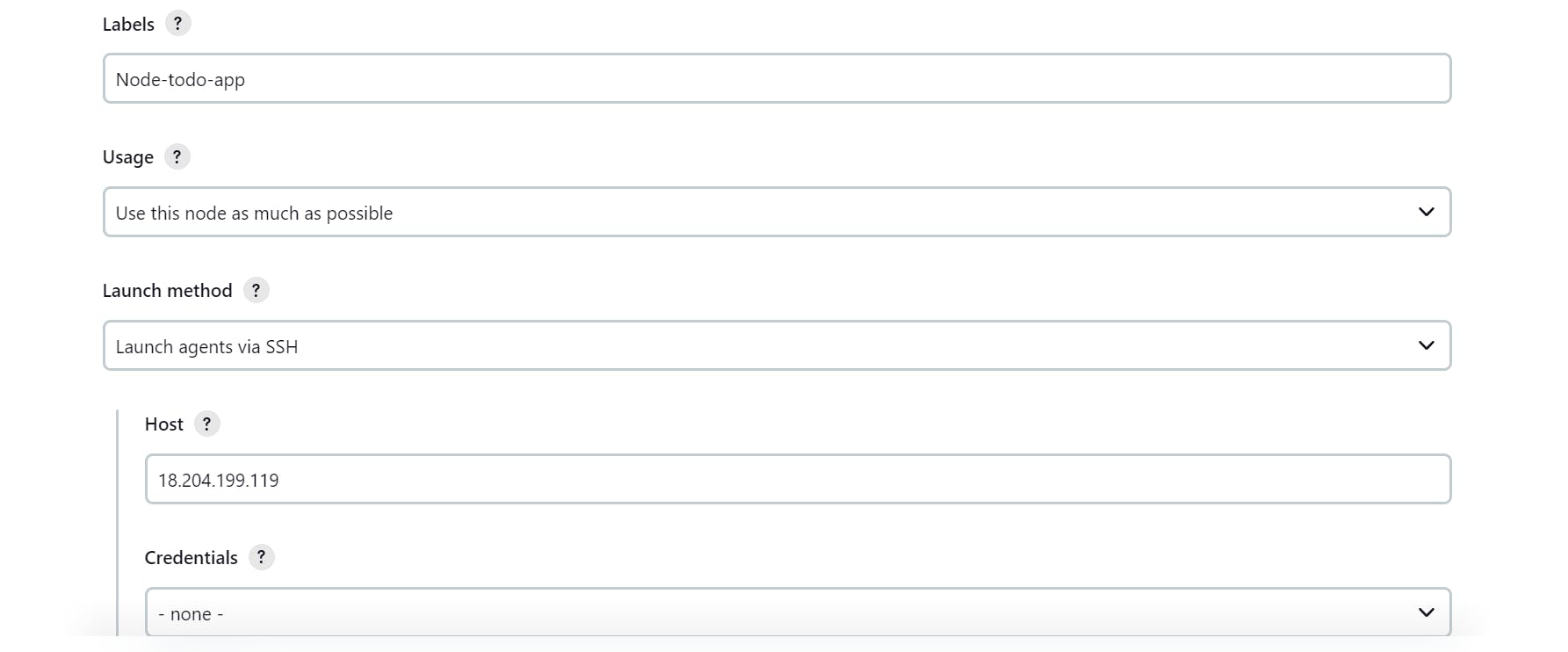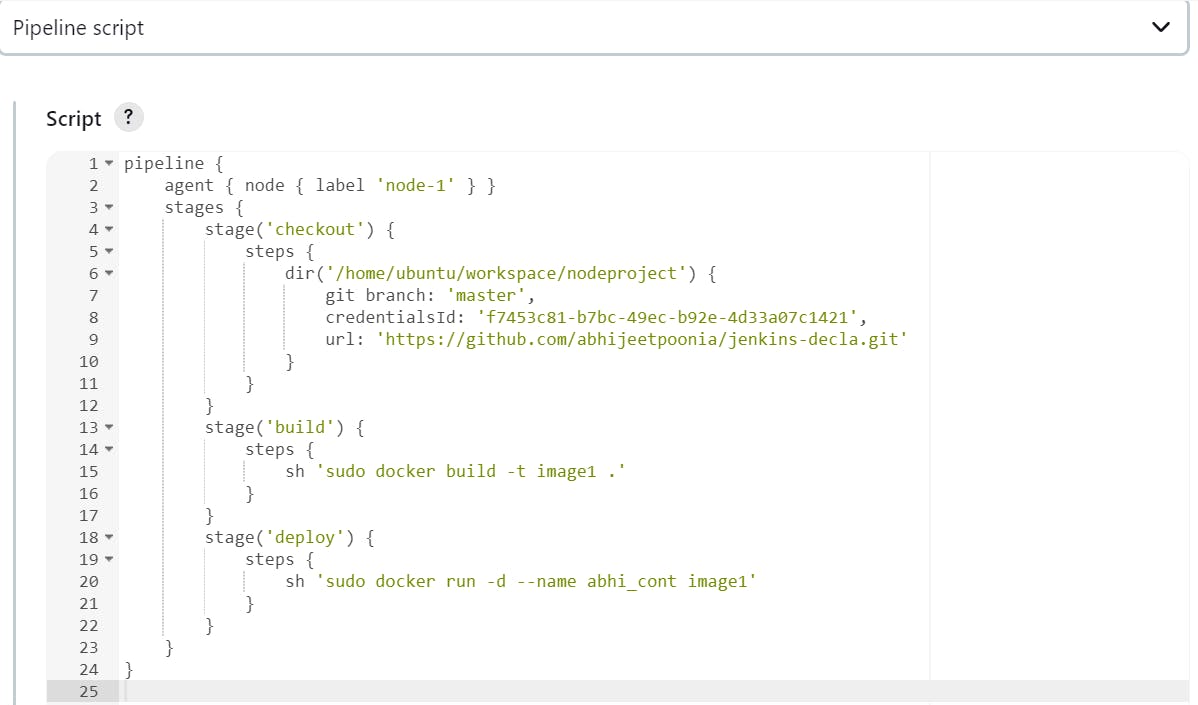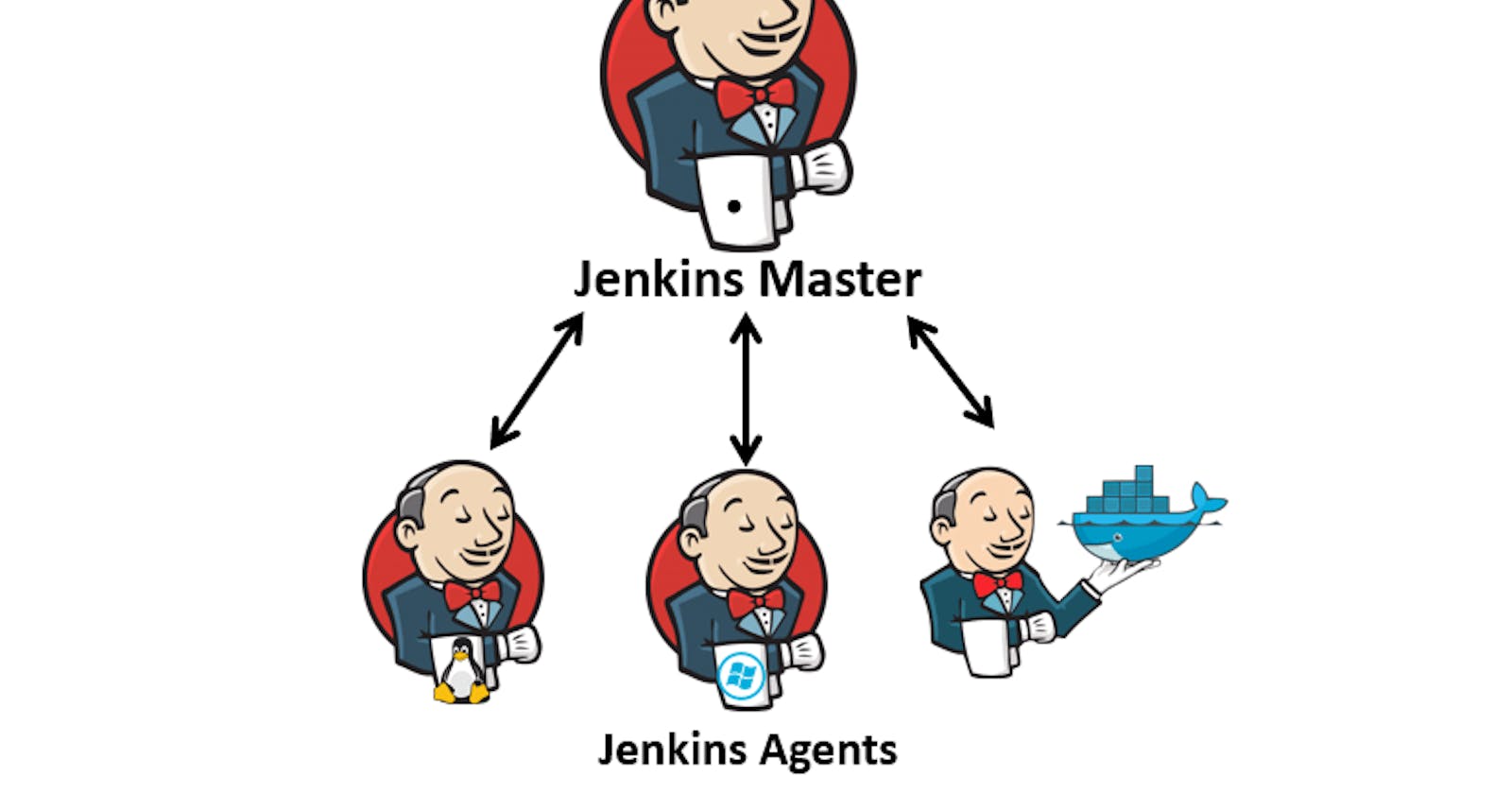Table of contents
Jenkins Master (Server)
Jenkins’s server or master node holds all key configurations. Jenkins master server is like a control server that orchestrates all the workflow defined in the pipelines. For example, scheduling a job, monitoring the jobs, etc.
Jenkins Agent
An agent is typically a machine or container that connects to a Jenkins master and this agent that actually execute all the steps mentioned in a Job. When you create a Jenkins job, you have to assign an agent to it. Every agent has a label as a unique identifier.
When you trigger a Jenkins job from the master, the actual execution happens on the agent node that is configured in the job.
A single, monolithic Jenkins installation can work great for a small team with a relatively small number of projects. As your needs grow, however, it often becomes necessary to scale up. Jenkins provides a way to do this called “master to agent connection.” Instead of serving the Jenkins UI and running build jobs all on a single system, you can provide Jenkins with agents to handle the execution of jobs while the master serves the Jenkins UI and acts as a control node.

Pre-requisites
Let’s say we’re starting with a fresh Ubuntu 22.04 Linux installation. To get an agent working make sure you install Java ( same version as jenkins master server ) and Docker on it.
Note:- While creating an agent, be sure to separate rights, permissions, and ownership for jenkins users.
Step 1
Launch two instances, one agent and master server

These are the two servers, Master and Agent

Step 2
Install Java on Jenkins on Master and Agent
Install Jenkins on Master and Agent
Install Docker on Agent server
Step 3
Once, both servers are setup, we need to make sure the agent server can be connected from within Master server.
For this,
In the master instance, go to
cd .ssh/
Now type
ssh-keygen
Press enter key will be generated in id_rsa.pub
Now
cat id_rsa.pub
This will give us a public key of master
Copy the public key and go to agent server
Now, in agent server,
cd .ssh/
vim auth_keys
and paste the copied public key and save.
Now go back to agent server and type
ssh ubuntu@<agentserver-publicip>
You will directly connect to server
Step 4
Now lets create a agent on Jenkins GUI
Give node name.
Give name, desc, remote-root-dir(/home/ubuntu)
Give label as application to use in that server
Give usage details(as much as possible)
Give launch method ssh
in host give public ip of agent server

In credentials click add
In kind select ssh username with pvt key
In ID (dev-ssh-key)
Put description. Put username as ubuntu
Now in private key section, fetch id_rsa from jenkins master server and paste in private key
in known host verification, select non-verifying verification strategy.
Now save, open check and check, your agent is running

Step 5
Now create a Pipeline and run it on Node server.


